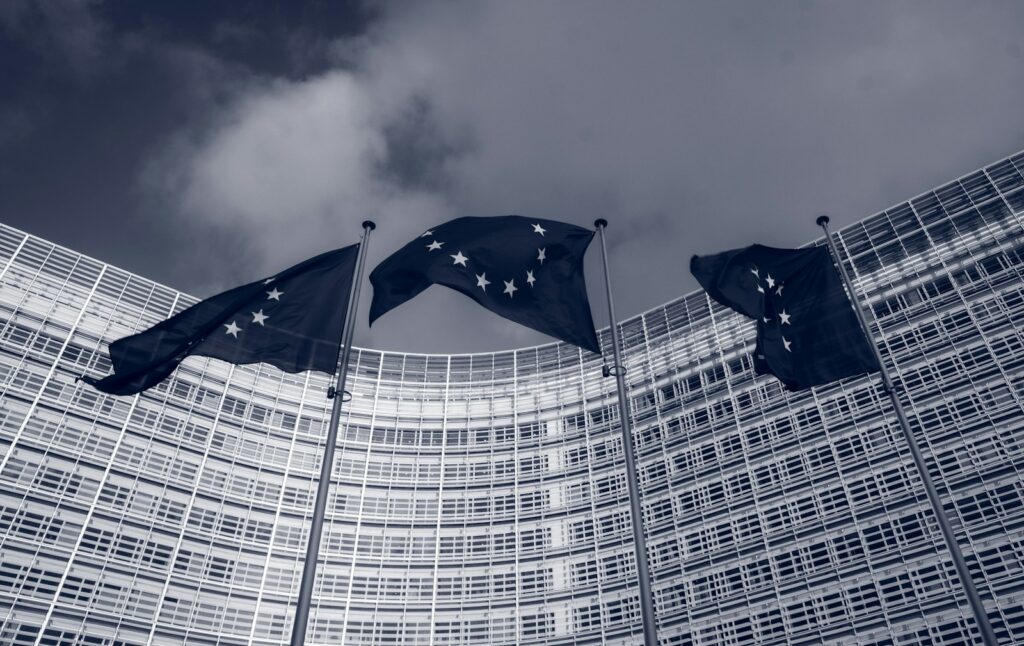
Decriminalizing Recreational Marijuana – Small Step in the Right Direction
BY
FOR / December 17, 2025
Due to the activities of the Parliamentary Group on the Decriminalization of Marijuana, the debate on the decriminalization and legalization of recreational cannabis has returned to Poland. The Group plans to present a draft act that would decriminalize the possession of up to 15 grams of marijuana. Current research on drug policy indicates that, from a harm-reduction perspective, the most effective solution is the legalization of this substance.





![Total Defense in Europe: What Is It and Why Do We Need It? with Helena Quis [PODCAST] Total Defense in Europe: What Is It and Why Do We Need It? with Helena Quis [PODCAST]](http://4liberty.eu/phidroav/2025/12/Helena-Quis1-1024x1024.jpg)
![Future of Independent Journalism and Public Interest Information with Patrice Schneider [PODCAST] Future of Independent Journalism and Public Interest Information with Patrice Schneider [PODCAST]](http://4liberty.eu/phidroav/2025/12/Patrice-Schneider1-1024x1024.jpg)


![The Return of History to the Present with Luuk van Middelaar [PODCAST] The Return of History to the Present with Luuk van Middelaar [PODCAST]](http://4liberty.eu/phidroav/2025/11/Liberal-Europe-Podcast-Format-1-1024x1024.jpg)

